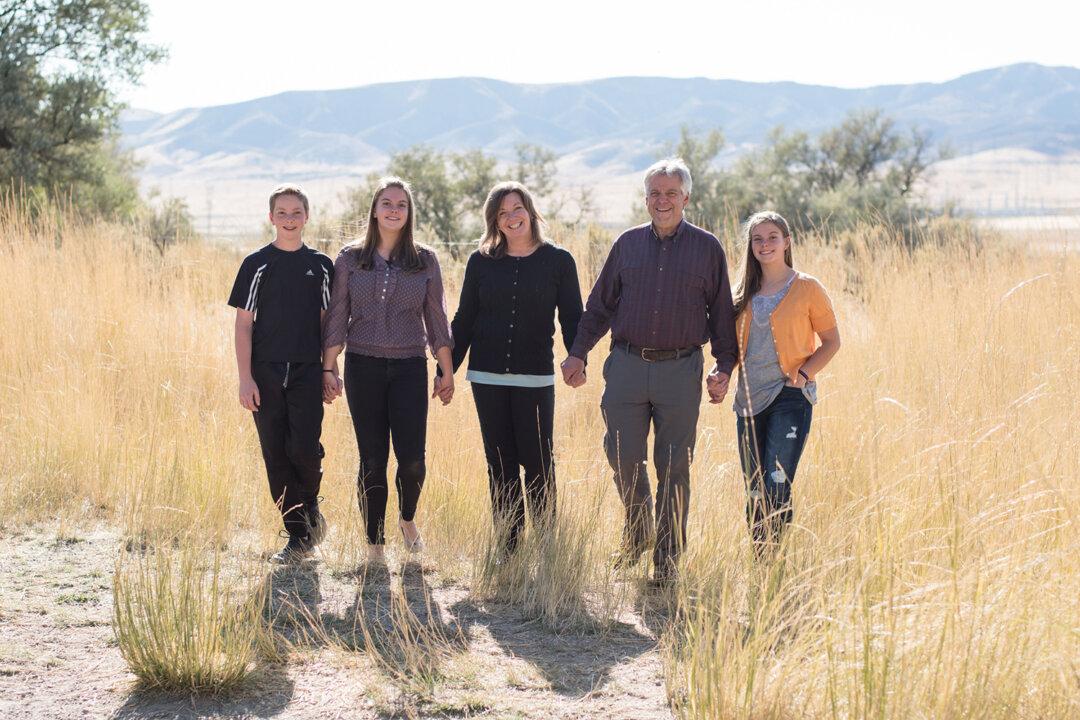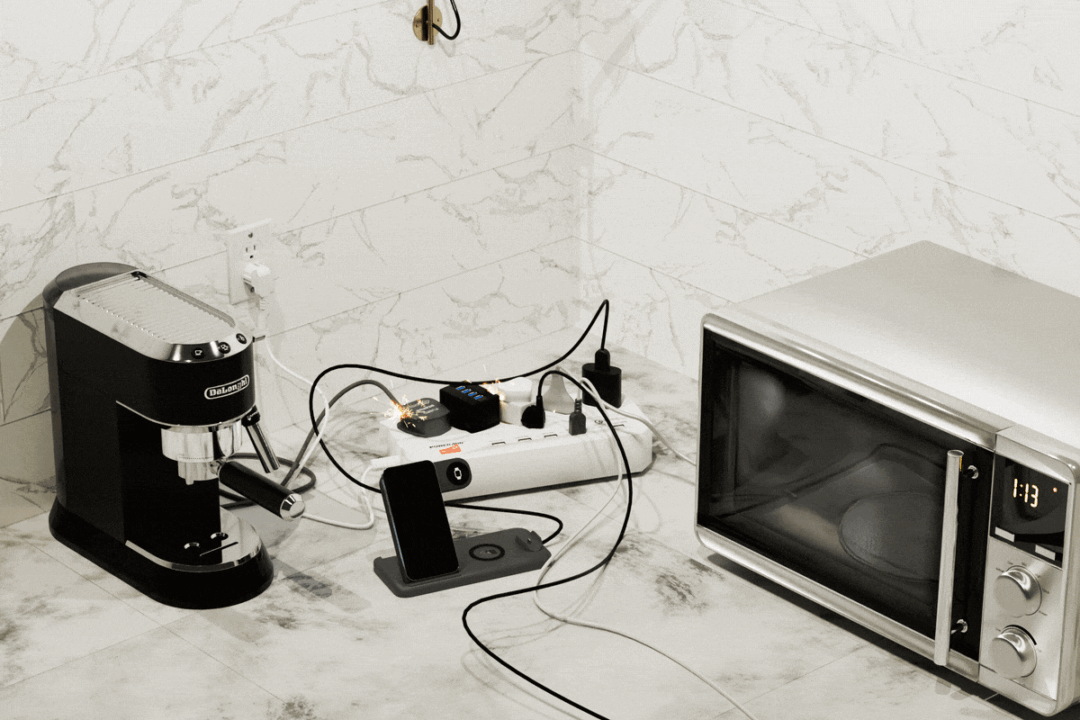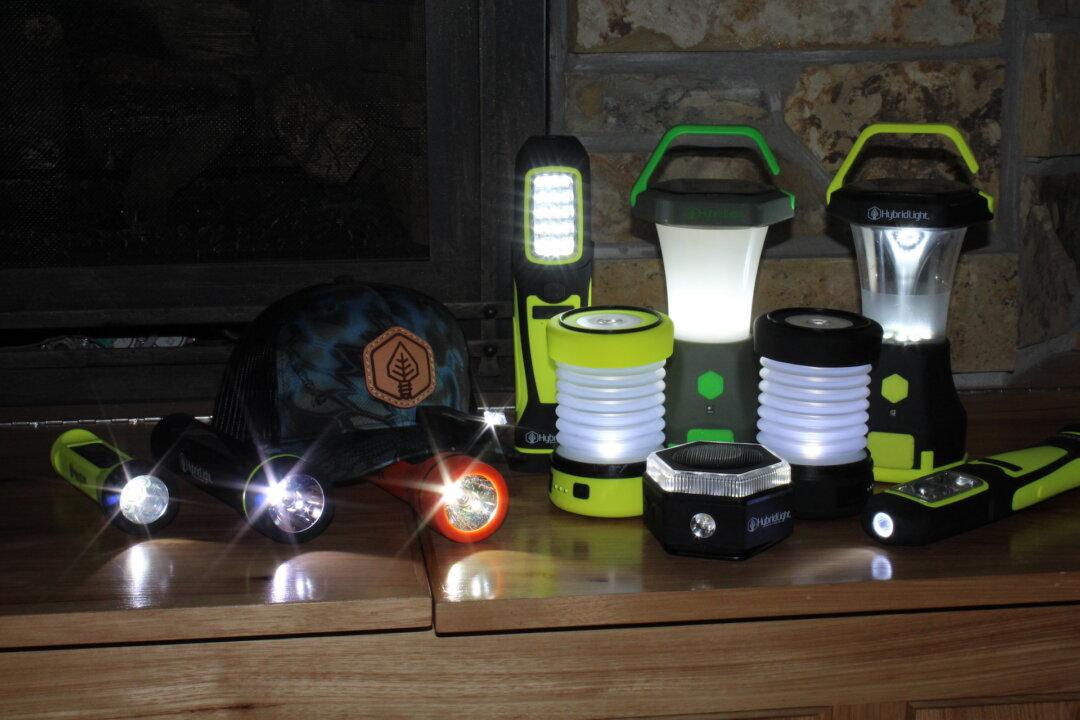Privacy is a valuable commodity in a world full of cameras at grocery store checkouts, at traffic intersections, and on automotive dashboards, not to mention all the entities monitoring internet activity and selling personal information.
Ensuring complete privacy isn’t easily attained without moving to a remote home behind tall walls and going completely off the grid—using no credit cards, with no personal internet or social media accounts or phone activity—and managing to avoid all the cameras scattered around the globe. A more realistic approach is to review the information that is provided, knowingly and otherwise, in our daily lives, and then finding ways to limit it. So while complete invisibility might not be practical, it isn’t difficult to present a lower profile.






